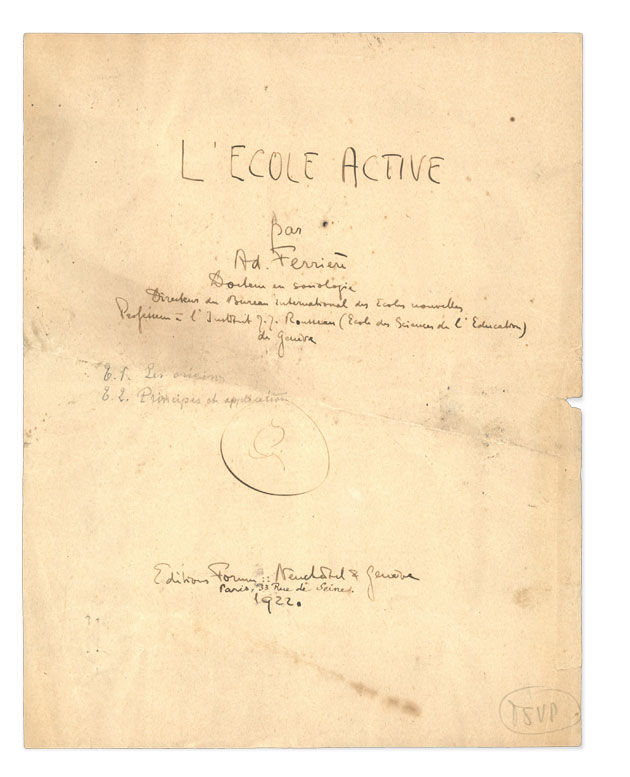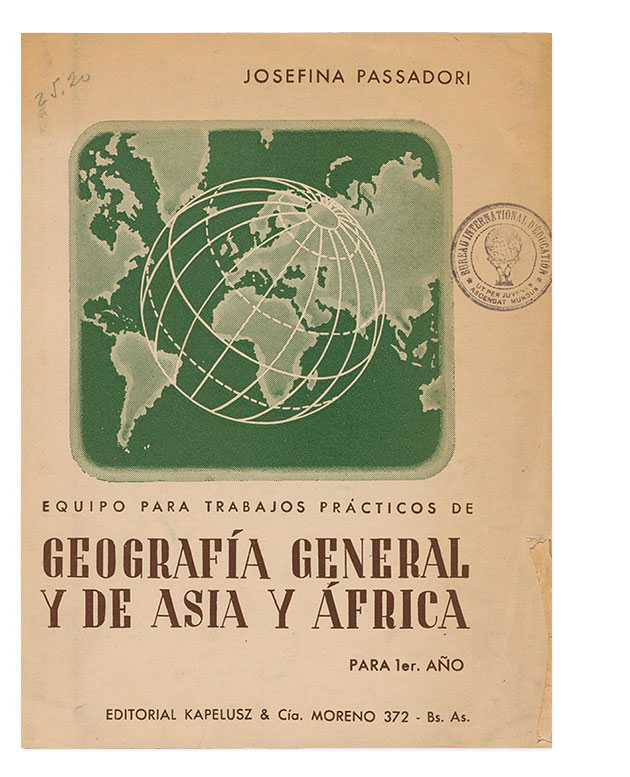At a glance: UNESCO IBE Historical Collections
25k
TEXTBOOKS
Textbooks, teacher manuals, atlases, and other learning materials on different subjects, published between 1700 and 1960.
+2k
FILES
Internal documents of historical importance, dating from the foundation of the IBE until 1969.
20k
PUBLICATIONS
International books, journals, and brochures, published between 1800 and 1960, and representing a large number of countries and languages.
140
COUNTRIES
A myriad of countries represented in the textbook collection. Some of them no longer exist today, changed their names, have been absorbed by another political regime, or gained independence.
104
LANGUAGES
Rich linguistic diversity of materials within the textbook collection, some of which considered by UNESCO to be endangered and at high risk of disappearing.
+50
SUBJECTS
A wide range of subject textbooks and teaching guides for K-12, vocational training, and adult education and literacy. They are the closest proxy to what education is like at a given point in time.
The IBE digitized collections are a treasure trove ready to be uncovered. Open to all, these unique materials will inspire you and enrich your understanding of the world. They will also take you to far away places (even if you can’t go anywhere).
FEATURED RESEARCH
HIGHLIGHTS

1922
L’école active
A handwritten manuscript of Adolphe Ferrière’s L’école active (1922). Ferrière (1879–1960) was one of the founders of the progressive education movement. In 1921, he founded the New Education Fellowship, for which he wrote the charter. He was one of the founding members of the IBE in 1925, and served as its first Deputy Director, with Elisabeth Rotten.

1944
GEOGRAFÍA GENERAL Y DE ASIA Y ÁFRICA
Argentine atlas of Asia and Africa, by Josefina Passadori. Educator, politician, and writer, Passadori (1900-1987) founded the first Latin American school cooperative, of which she was also the first president. She published over 30 textbooks, some in collaboration with other authors, such as the Manual del Alumno used by many generations in Argentina.
